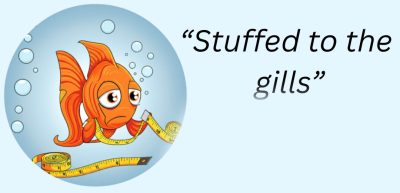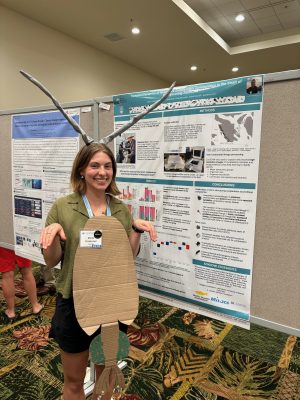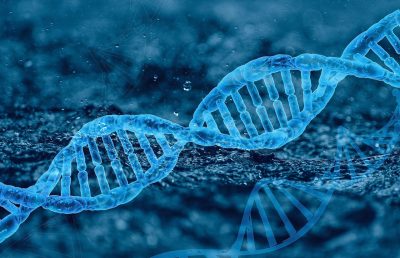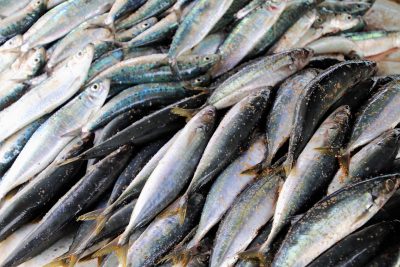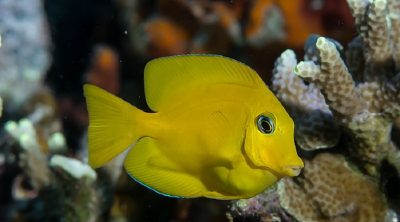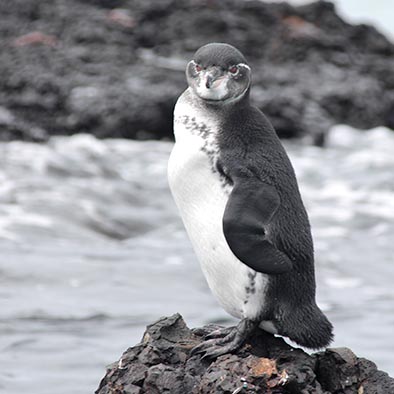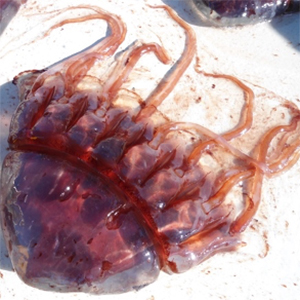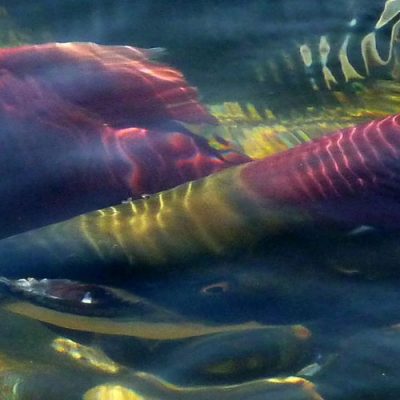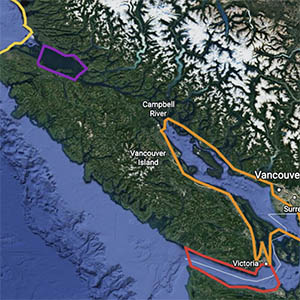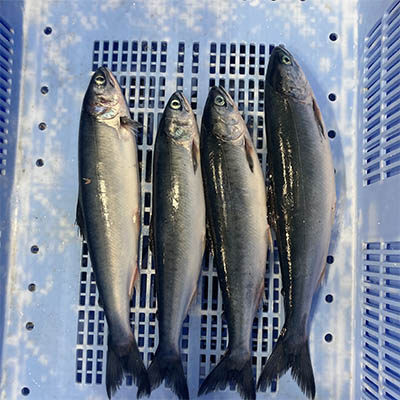We present “Ocean Idioms” to teach you about our oceans
In honour of World Ocean Day, we present OCEAN IDIOMS!
Deniz Coskuner (MSc OCF) wins Best ECOP poster at PICES 2024
Her poster was entitled “Temporal dynamics of nearshore zooplankton communities in the Strait of Georgia: Implications for ecosystem health”
Pelagic Ecosystems Lab wins BC Conservation & Biodiversity Award
The award will fund a project to provide high resolution zooplankton biodiversity data by integrating eDNA, and the Zooscan imaging system, to establish a biodiversity benchmark for the wider BC coast.
Climate change will have an adverse impact on trophic amplification in marine food webs
Climate-driven changes in ocean environmental conditions — ocean warming, deoxygenation and acidification — are projected to affect the physiological functions of marine organisms, their geographic distributions, biological life cycles and total biomass.
Fish species show surprisingly narrow combination of traits
The world’s waterbodies are filled with predatory fish feeding on other animals from zooplankton to squid and other fish, while “vegetarian” or herbivore fish are rare. Researchers has analyzed the key traits – size, productivity and trophic level – of over 31,000 fish species recorded in FishBase.
Darwin’s Eden awash in plastics
Penguin guano from the Galápagos is helping UBC researchers track microplastic pollution from around the globe
Jellyfish and gelatinous zooplankton need to be a part of climate change conversations
On World Jellyfish Day, UBC researcher Florian Lüskow, who focuses on freshwater jellyfish says that existing models often poorly include, and heavily oversimplify, these gelatinous organisms.
Food quality might be key for juvenile sockeye salmon growth and survival
The quality of food sockeye salmon eat along their migration routes is more important to their growth and condition than quantity, a new study has found, highlighting concerns about the effects of climate change on ocean conditions and salmon.
Expect shorter food chains in more productive coastal ecosystems
“We provided evidence for bottom-up omnivory in nutrient-rich temperate pelagic ecosystems, where food chain length is determined by the level of diatom production,” said Jacob Lerner. “This is very different from the global model for pelagic ecosystems.”
International Year of the Salmon Expedition helps IOF researchers map North Pacific food webs
For scientists in the IOF’s Pelagic Ecosystems Lab, the trip represents a chance to trace the outline of North Pacific food webs, in which salmon play a central role as both predator and prey.
